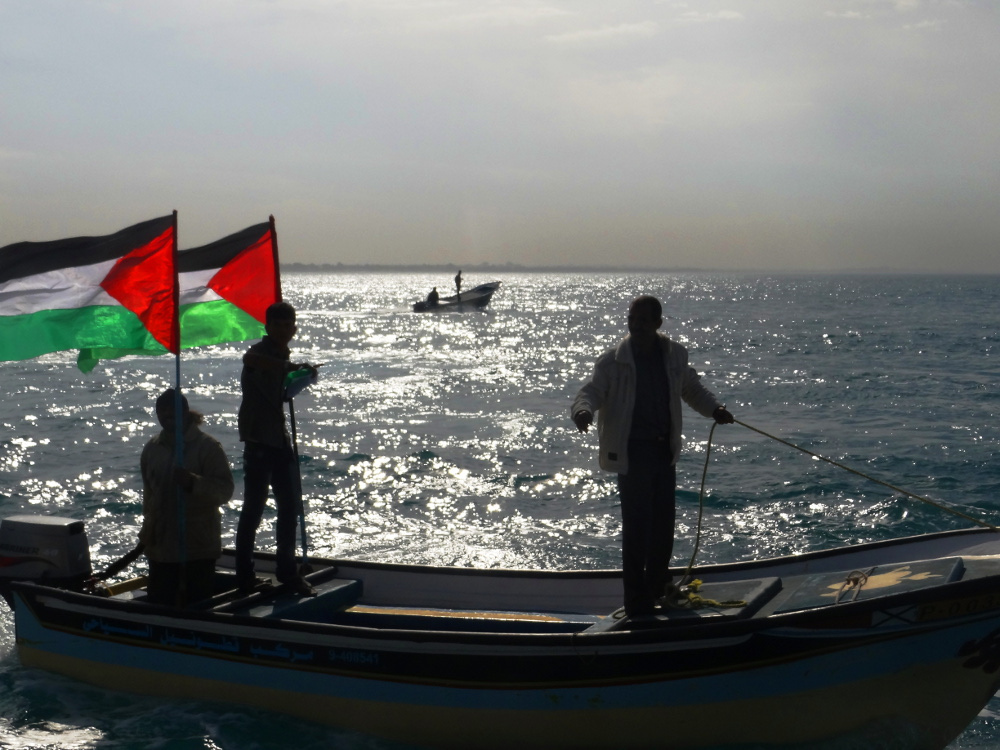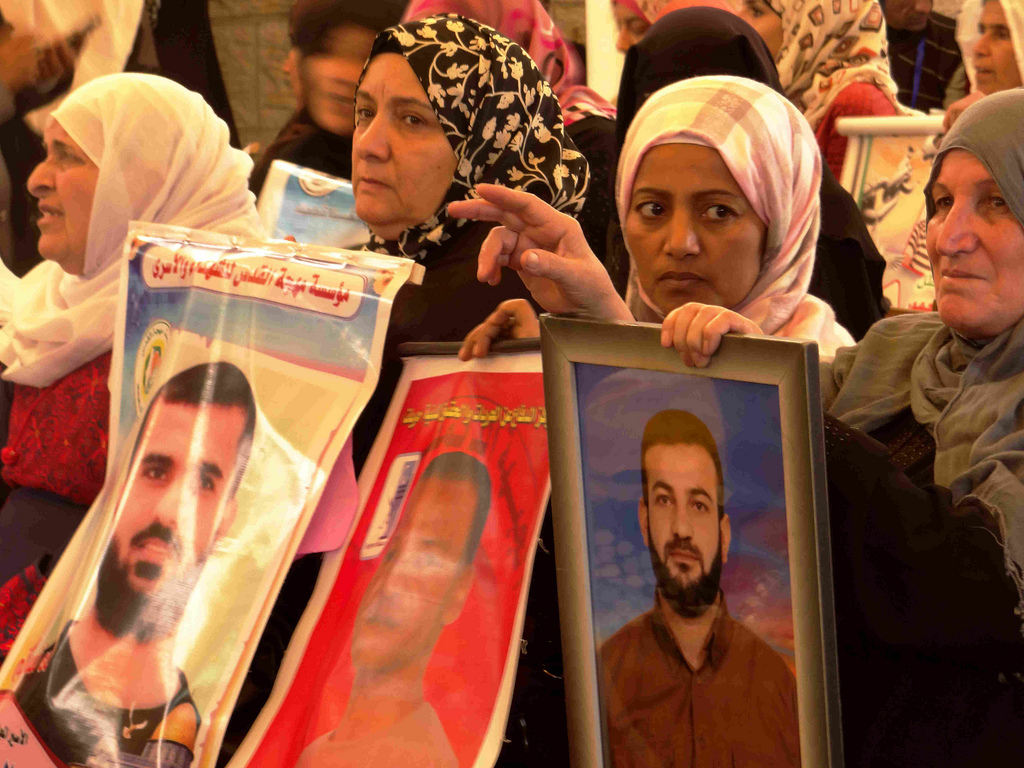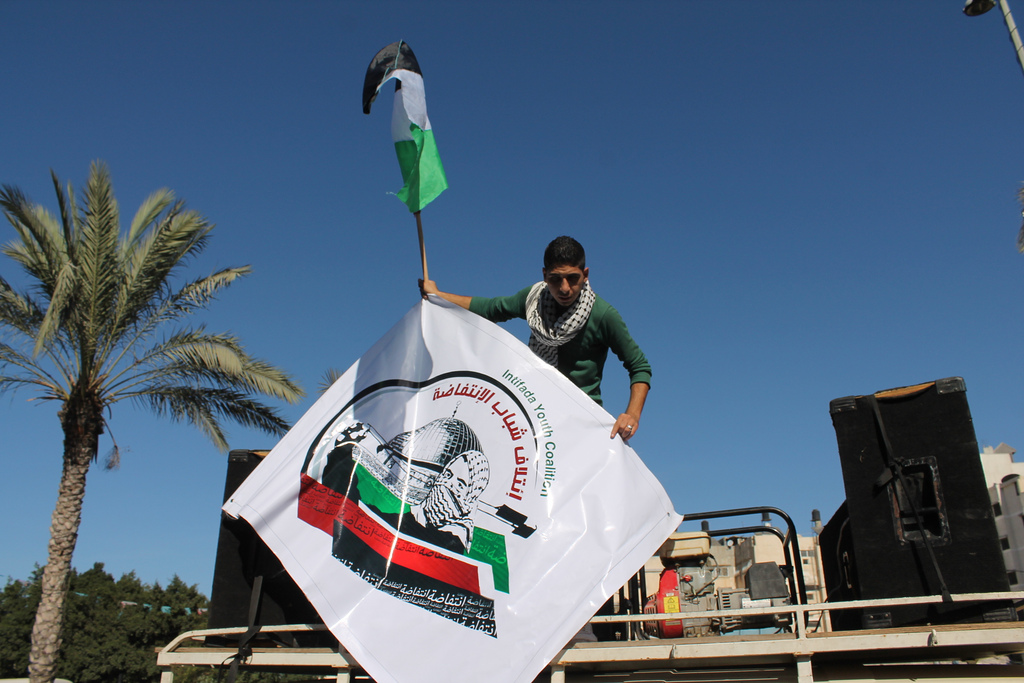Year: 2013
-
Photos: Palestinian fishermen and activists sail to protest Israel’s siege of Gaza
4th December 2013 | International Solidarity Movement, Charlie Andreasson | Gaza, Occupied Palestine On Monday, 2nd December 2013, 200-250 Palestinians, foreign activists and journalists, many from international media, gathered in the Gaza seaport for a joint action to alert the world about the siege and its consequences for fishermen pursuing their profession. The action resulted from…
-
Photos: Palestinians rally in Gaza Red Cross against Israel’s detentions and Italy ties
3rd December 2013 | International Solidarity Movement, Marco Varasio | Gaza, Occupied Palestine Like every Monday morning, relatives and friends, as well as local and international activists, gathered at the International Committee of the Red Cross in solidarity with the Palestinian political prisoners. The rally started with the protesters chanting slogans, especially about their homeland Palestine…
-
Photos: Palestinians rally in Gaza to stop Prawer Plan on international “Day of Rage”
3rd December 2013 | International Solidarity Movement, Gaza Team | Gaza, Occupied Palestine Dozens of Palestinians rallied in Gaza City’s Palestine Square (al-Saha) on Saturday, 30th November 2013, joining a “Day of Rage” against the Prawer-Begin Plan held throughout Palestine and across the world. The Plan, a proposal in the Israeli Knesset, would displace tens…



